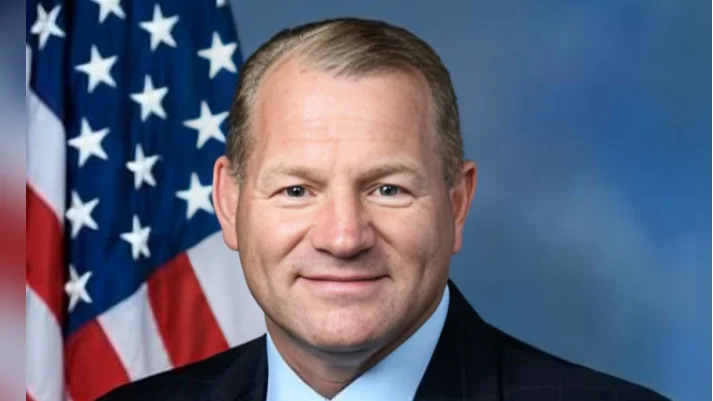In a recent op-ed for The Hill, Congressman Troy E. Nehls of Texas highlighted the importance of his bipartisan bill, the National Law Enforcement Remembrance, Support, and Community Outreach Act. This legislation, reintroduced with Congressman Jimmy Panetta of California, aims to establish a formal program within the U.S. Department of Interior to support the National Law Enforcement Museum's community outreach, public education, and officer safety programs through grants to the National Law Enforcement Officers Memorial Fund.
Congressman Nehls emphasized that these programs are essential for memorializing law enforcement officers, increasing public understanding and support for law enforcement, enhancing officer safety and wellness, and strengthening community ties. The bill has garnered more than 80 bipartisan cosponsors.
"As a member of Congress and a former sheriff," Nehls stated in his op-ed, "I have an intimate understanding of the ongoing challenges facing American law enforcement at every level."
The op-ed noted that in 2024 alone, 148 law enforcement officers died in the line of duty across local, state, and federal levels. Additionally, agencies face increasing retirements and resignations alongside recruitment challenges. Nehls argued that investing federal funds in proven programs could address these issues effectively.
The National Law Enforcement Museum in Washington D.C., along with the National Law Enforcement Officers Memorial Fund—both established by Congress—develops programs promoting officer safety and wellness while engaging communities positively with law enforcement.
Nehls pointed out that unlike other federally supported museums focusing on diverse topics like building design or Asian art, the National Law Enforcement Museum receives no federal funding despite its significant role. He advocates for annual financial support through the Department of Interior to sustain life-saving educational initiatives at this museum.
"The National Law Enforcement Museum is uniquely qualified," he wrote, "to fulfill the vital mission of educating the public about the key role played by law enforcement in our democracy."
Nehls expressed hope that his bipartisan bill would advance through Congress swiftly: "It is my sincere hope that this bipartisan bill will move forward in Congress and be signed into law as soon as possible."

